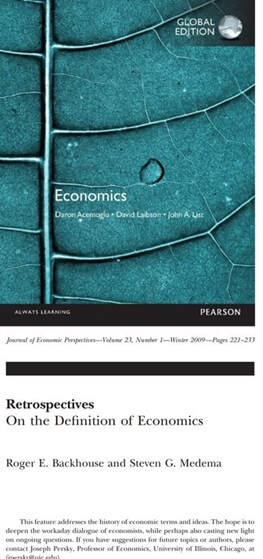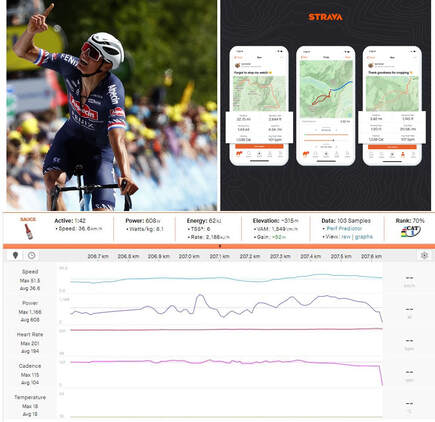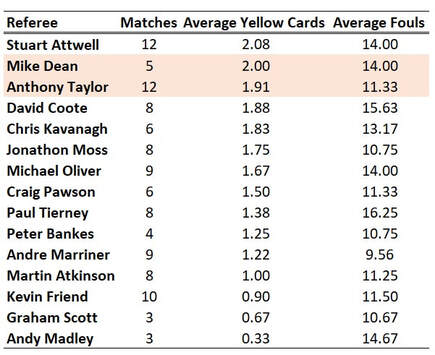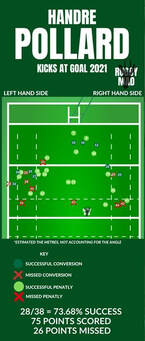No doubt somebody is doing a European wide analysis (or will do when more data comes on stream), but I wonder what effect the removal of the away-goals rule will have on balance in UEFA competitions. For Irish clubs my initial thought is 'not good'. It might diminish our qualification chances. My intuition is that the removal of away goals will reduce the likelihood of surprise outcomes over two-legged European matches in the preliminary rounds. Irish teams are almost always the underdog.
That said, when thinking back on European performances of Irish teams over the years, it is not that often that away goals settle a fixture. In 05/06 Cork City got the better of Djurgarden (1-1) on away goals and in 9/10 St. Patricks Athletic got past Krylia Sovetov on away goals (3-3). In 16/17 Dundalk beat FH on the away goals rule too (3-3). There could be a few more incidences of this, but they seem few and far between. My intuition may well be wrong, there's probably a study worth doing on the rule change.




 RSS Feed
RSS Feed